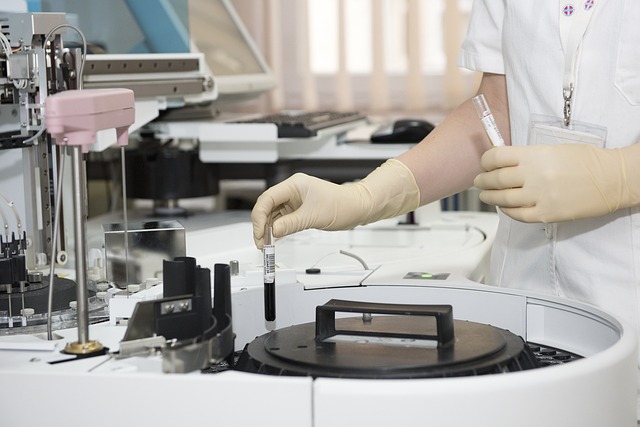Guidance on social distancing for everyone in the UK and protecting older people and vulnerable adults
Background and scope of guidance
This guide is for everyone . Advises on social distancing measures we should all take to reduce social interaction between people to reduce the transmission of coronavirus (COVID-19). It is designed for use in situations where people live in their own homes, with or without the additional support of friends, family and carers. If you live in a residential care setting, specific guidance is available.
We advise those at higher risk of severe coronavirus disease (COVID-19) to be particularly strict in following social distancing measures.
This group includes those who are:
|
Note: There are some clinical conditions that put people at even higher risk of severe illness from COVID-19. For now, you should rigorously follow social distancing advice in its entirety, outlined below.
People who fall into this group are those who may be at particular risk due to complex health problems such as:
- People who received an organ transplant and continue to take ongoing immunosuppression medications.
- People with cancer receiving active chemotherapy or radiation therapy.
- People with blood or bone marrow cancers, such as leukemia, who are at any stage of treatment.
- People with serious chest conditions, such as cystic fibrosis or severe asthma (requiring hospital admissions or courses of steroid tablets).
- People with serious diseases of the body systems, such as severe kidney disease (dialysis)
What is social distancing? Social distancing measures are steps you can take to reduce social interaction between people. This will help reduce the transmission of coronavirus (COVID-19).
Everyone should try to follow these measures as much as is pragmatic. |
For people over the age of 70 , who have an underlying health condition, or are pregnant, we strongly recommend that you follow the above measures as much as you can and, if possible, significantly limit your face-to-face interaction with friends and family . This advice will likely be in place for a few weeks.
Hand washing and respiratory hygiene There are general principles you can follow to help prevent the spread of respiratory viruses, including:
|
What should you do if you develop symptoms of coronavirus (COVID-19)?
The same guidance applies to the general population and those at higher risk of severe coronavirus disease (COVID-19). If you develop symptoms of COVID-19 (high temperature and/or new, continuous cough), isolate at home for 7 days. You can find complete guidance during your stay at home.
How can I get assistance with food and medication if I am reducing my social contacts?
Ask family, friends and neighbors to support you and use online services. If this is not possible, then the public sector, businesses, charities and the general public are preparing to help those who are advised to stay at home. It is important to talk to others and ask them to help you arrange for the delivery of food, medicines and essential services and supplies, and take care of your physical and mental health and well-being.
If you receive support from health and social care organisations, for example if you receive care through the local authority or healthcare system, this will continue as normal. Your health or social care provider will be asked to take extra precautions to make sure you are protected. Formal carer counseling is included in the Home Care provision.
What should you do if you have hospital and GP appointments during this period?
We advise everyone to access healthcare remotely, where possible.
However, if you have a scheduled hospital or other medical appointment during this period, speak to your GP or doctor to ensure you continue to receive the care you need and consider whether appointments can be postponed.
What is the advice for visitors, including those who serve you?
You should contact your regular social visitors, such as friends and family, to let them know that you are reducing social contacts and that they should not visit you during this time unless they are providing essential care. Essential care includes things like help with washing, dressing, or preparing meals.
If you receive regular health or social care from an organisation, whether through your local authority or paid for yourself, tell your healthcare providers that you are reducing social contacts and agree a plan to continue your care.
If you receive essential care from friends or family, talk to your caregivers about extra precautions they can take to keep you safe.
It’s also a good idea to talk to your caregivers about what happens if one of them is unwell. If you need help with care but are not sure who to contact, or if you don’t have family or friends who can help you, you can contact your local council who should be able to help you.
How do you take care of your mental well-being?
|
What steps can you take to stay connected with family and friends during this time?
Take advantage of any support you may have through your friends, family, and other networks during this time. Try to stay in touch with those around you by phone, mail, or online. Let people know how you would like to stay in touch and incorporate it into your routine. This is also important to look after your mental wellbeing and you may find it helpful to talk to them about how you are feeling.
Remember that it’s okay to share your concerns with other people you trust, and by doing so, you may end up providing support to them as well.
Tips for informal caregivers
|
















